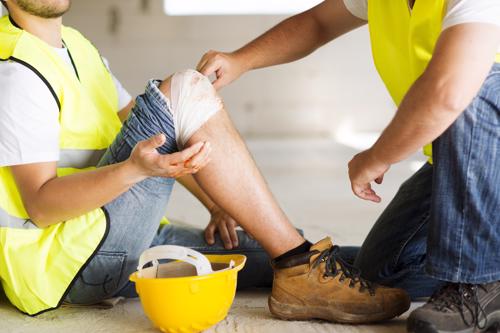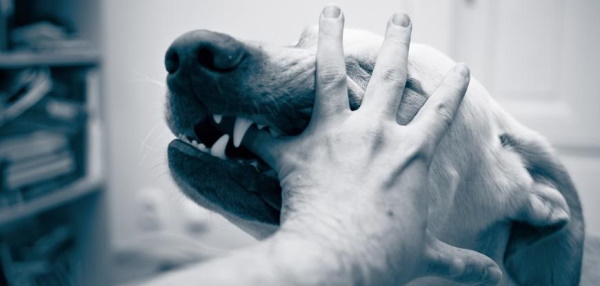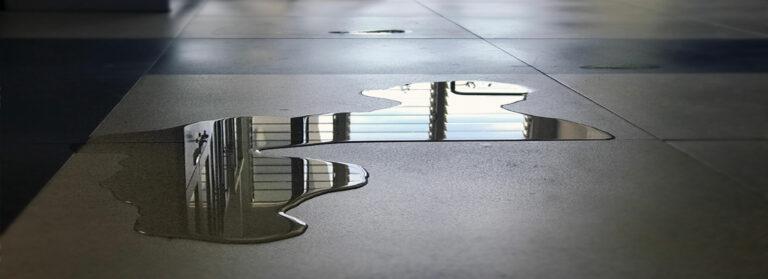- Douglasville GA attorney, Douglasville personal injury attorney, georgia auto accident lawyer, georgia personal injury attorney
Amusement parks, for many are a great way for individuals to let loose. People choose to attend these amusement parks because they believe they are getting safe thrills. Georgia is home to amusement parks like Six Flags and White Water. While parks often put profit over safety, for the most part, amusement parks are relatively safe, especially when compared to accidents on the roads and highways.
Approximately 4,440 children are injured each year on amusement park rides. While this number does not include adults, it is far less than the approximated 1.25 million people who die each year in car accidents. However, in between 2003 and 2013, over 100,000 people were injured on inflatable amusement rides, including bounce houses and slides
While there no information about it on the company’s website, Georgia’s own Six Flags has a history concerning catastrophic injuries. In 2008, a teen was decapitated by a roller coaster at the Six Flags’ Georgia amusement park. The teen had climbed over two fences and ignored signs that informed that the area was dangerous and off limits. The teen was struck in the head with such force that it decapitated him. While the park cannot be solely to blame for that accident, the story of that boy is not the only story of injury resulting from an amusement park. There have been many accounts around the country of park patrons receiving serious injuries due to dangerous theme park rides.
What Injuries Can Happen on Amusement Park Rides?
Most serious injuries occur on high speed and high intensity rides like roller coasters. While they are not frequent, there have also been deaths caused by roller coasters. However, due to amusement parks quick desire to settle cases, often injuries go unreported.
Common injuries on theme park rides include brain and neck injuries, like concussions, whiplash from G-forces, and spinal cord injuries. On water related rides, drowning is also a risk to be concerned of. Minor injuries such as fractures and bruises may also result from amusement rides.
Government Regulation of Amusement Parks
Regulation of theme park rides widely varies amongst the states and depends on whether or not the ride is fixed, like those at a Six Flags theme park, or mobile like those that are part of a traveling carnival. Mobile rides are typically those found at county and state fairs. The Consumer Product Safety Commission regulates mobile rides, but it does not regulate fixed rides. This creates what is the roller coaster loophole that prevents federal regulation of fixed amusement rides. For fixed carnival rides, a state regulatory board is usually responsible for the maintenance inspection and repair of amusement rides. In Georgia this entity is the Office of Insurance and Safety Fire Commissioner. A list of the forms this entity uses to inspect fixed amusement rides in Georgia is available here. There has been a large push to make parks safer in recent years, but there are still some instances of accidents that are reported each year.
What Types of Liability Would an Amusement Park Have If I Was Injured?
There are generally two theories of liability that an amusement park could possibly be held responsible for. These theories are premises liability and general negligence law. Georgia also has a set of rules and regulations for Amusement Ride Safety. The Amusement Ride safety regulations require any corporation who operates a ride to have $1,000,000 dollars in insurance coverage for liability or injuries arising out of accidents in theme parks. However, serious injuries or a death claim could quickly exceed this coverage amount because of the high costs of medical bills.
Premises Liability for Amusement Parks
In terms of theme parks, there are usually only three types of individuals who will have a premises liability claim. These would be people who bought a ticket for the park, ride mechanics who are there to repair amusement rides in the park, and trespassers who did not buy a ticket and got onto the premises without paying admission. Under Georgia premises liability law, the owner of the amusement park needs to keep all parts of the park in a safe condition for those who purchased a ticket. The duty owed to trespassers is much less. A park only needs to ensure that they are not willfully acting to endanger a trespasser.
Negligence for Amusement Parks
Park owners have a duty to make the park and the rides safe for foreseeable use. This typically means restraints, seat belts, and supervision where appropriate. Making rides safe could also include regular inspections and repairs. For example, if there are restraints and a park employee tells an individual to fasten the restraints, and the individual fails to do so, the park will probably not be liable.
Products Liability Claim in Theme Parks
If an individual is injured at a theme park, they may have a claim against the manufacturer of the ride. In the 21st century, nearly all parks adequately warn of the dangers that can be associated with riding an amusement ride. Despite these warnings, there still can be defective designs in theme park rides or mechanical malfunctions. If the ride has been defectively designed, it creates a potential hazard to park-goers as a whole. An example of this is a roller coaster that has too steep a drop or too tight a turn that cause injuries. Another type of products liability claim is when the product itself as a defect during manufacture. An example of this would be a bolt that received a crack in it on the manufacturing line.
Have You Been Injured at a Georgia Amusement Park?
The injury attorneys at the Law Office of John B. Jackson have experience in fighting for compensation for individuals who have been injured. Our firm does not have a problem going up against large corporations who often own amusement parks to get you the recovery you deserve. If you have received an injury at an amusement park, we may be able to help with your case. Call us today for a free consultation with our skilled Georgia personal injury claim lawyers.






